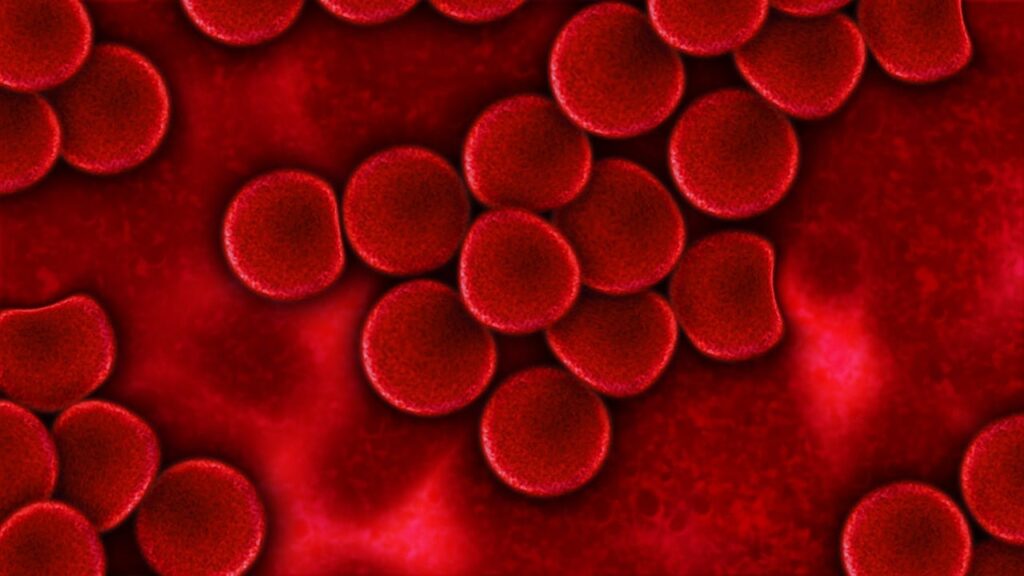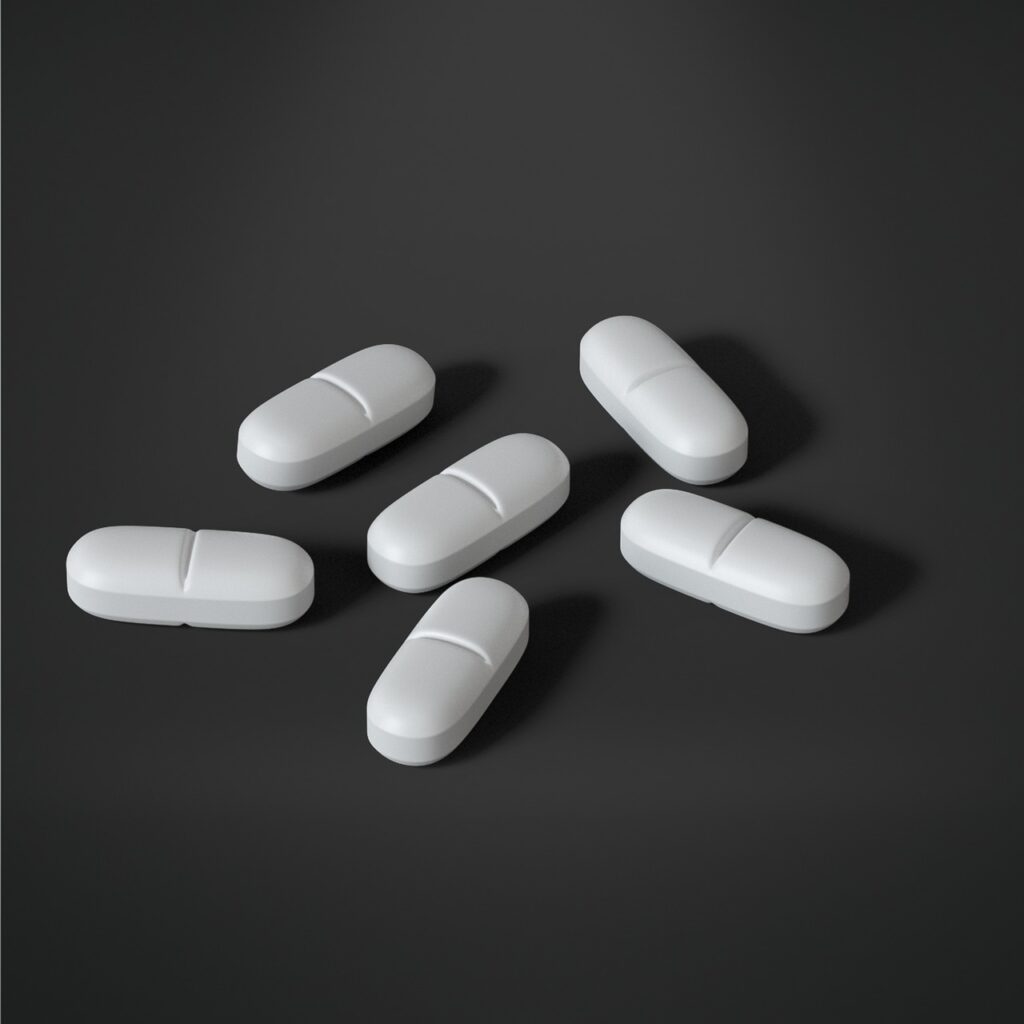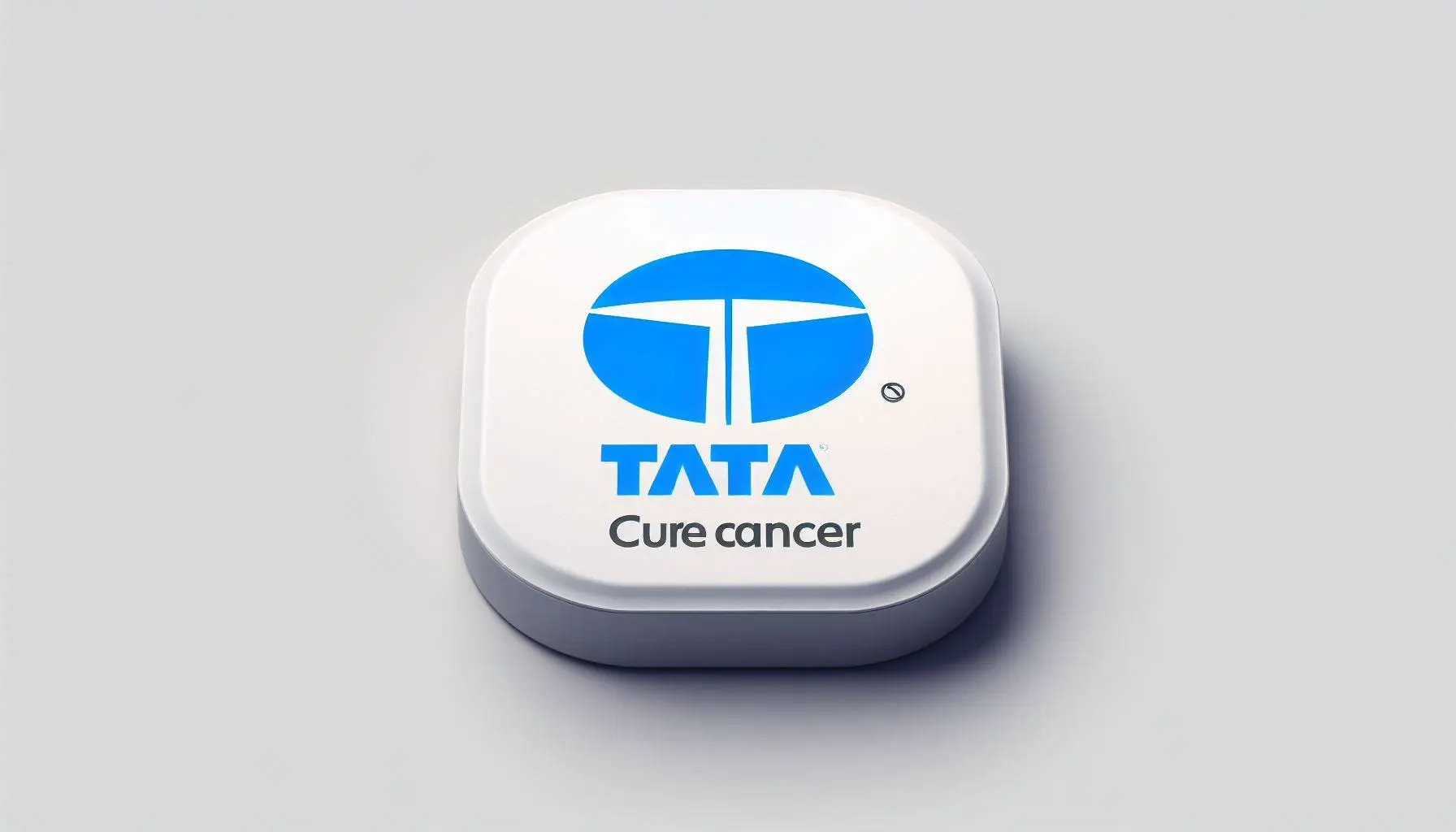Cancer is one of the leading causes of death worldwide, affecting millions of people every year. The conventional treatments for cancer, such as surgery, chemotherapy, and radiotherapy, are often expensive, invasive, and have serious side effects.
Moreover, they do not guarantee a complete cure, as cancer cells can recur or spread to other parts of the body.
However, a recent breakthrough by the Tata Institute in Mumbai, a premier cancer research and treatment facility in India, has raised hopes for a more effective and affordable way to fight cancer.
The researchers and doctors at the institute have developed a tablet that they claim can prevent the recurrence of cancer and reduce the side effects of treatments by 50%.
The tablet, named ‘R+Cu’, contains pro-oxidant tablets with resveratrol and copper, which generate oxygen radicals in the stomach.
These radicals can destroy the cell-free chromatin particles (cfChPs) that are released by dying cancer cells and can turn healthy cells into cancerous ones.
What are cell-free chromatin particles?

Cell-free chromatin particles refer to fragments of chromatin, the complex of DNA and proteins that make up chromosomes, found outside of cells in bodily fluids such as blood or urine.
These particles can be released into circulation through various cellular processes, including cell death, apoptosis, or necrosis. They may also originate from circulating immune cells or other sources.
Cell-free chromatin particles contain genetic material and associated proteins, and their presence in bodily fluids can serve as biomarkers for various diseases, including cancer, autoimmune disorders, and inflammatory conditions, providing valuable insights into disease diagnosis, prognosis, and treatment monitoring.
However, cell-free chromatin particles can also have harmful effects, as they can interact with healthy cells and alter their gene expression, function, or behavior.
Some of the cfChPs may fuse with healthy chromosomes and cause new tumors, or metastases, which are the movement of cancer cells from one part of the body to another. This is one of the main reasons why cancer can recur or spread after treatment.
How does R+Cu work?
The researchers at the Tata Institute discovered that pro-oxidant tablets with resveratrol and copper can produce oxygen radicals, which are highly reactive molecules that can damage or destroy other molecules, in the stomach.
These oxygen radicals can then enter the bloodstream and target the cell-free chromatin particles, breaking them down and preventing them from reaching healthy cells.
The researchers tested this hypothesis by injecting human cancer cells into mice and treating them with surgery, chemotherapy, or radiotherapy. They found that the dying cancer cells released cell-free chromatin particles into the blood, which could cause new tumors in other organs.
However, when they gave the mice R+Cu tablets, they observed that the oxygen radicals eliminated the cell-free chromatin particles and reduced the risk of metastases.

The researchers also claimed that R+Cu can prevent chemotherapy toxicity, which is the damage caused by chemotherapy drugs to healthy cells and organs.
They said that R+Cu can protect the healthy cells from the oxidative stress induced by chemotherapy, and reduce the side effects such as nausea, vomiting, hair loss, and fatigue.
What are the benefits of R+Cu?
According to the researchers, R+Cu has several advantages over the current treatments for cancer, such as:
- It is affordable: The tablet costs only Rs 100, which is much cheaper than the lakhs and crores spent on conventional treatments.
- It is accessible: The tablet can be taken orally, without the need for injections, infusions, or hospitalization.
- It is effective: The tablet can prevent the recurrence of cancer by destroying the cell-free chromatin particles, and can also reduce the side effects of treatments by 50%.
- It is versatile: The tablet can be effective in treating various types of cancer, such as pancreatic, lung, and oral cancer.
When will R+Cu be available for the public?
The researchers said that they have been working on this tablet for almost a decade, and have applied for approval from the Food Safety and Standards Authority of India (FSSAI). They expect to get the approval by June-July 2024, and then make the tablet available in the market.
The researchers also said that they have published their findings in peer-reviewed journals, and have presented their work at various national and international conferences. They have received positive feedback and recognition from the scientific community, and have also filed for patents for their invention.
The researchers expressed their hope that R+Cu will revolutionize the field of cancer treatment, and will benefit millions of patients who suffer from this deadly disease.
Sources
- Cancer Treatment: Tata Institute Claims Successful Cancer Treatment with Rs 100 Tablet – Times of India
- Tata Institute Claims Success In Cancer Treatment – With Rs 100 Tablet – NDTV
- cancer treatment: Tata Institute claims only Rs 100 tablet can prevent cancer recurrence – Economic Times
- Health Matters | How Tata Memorial Centre’s Announcement of Rs 100 Miracle Cancer Drug Turned Into Bitter Pill for Frantic Patients – MSN



